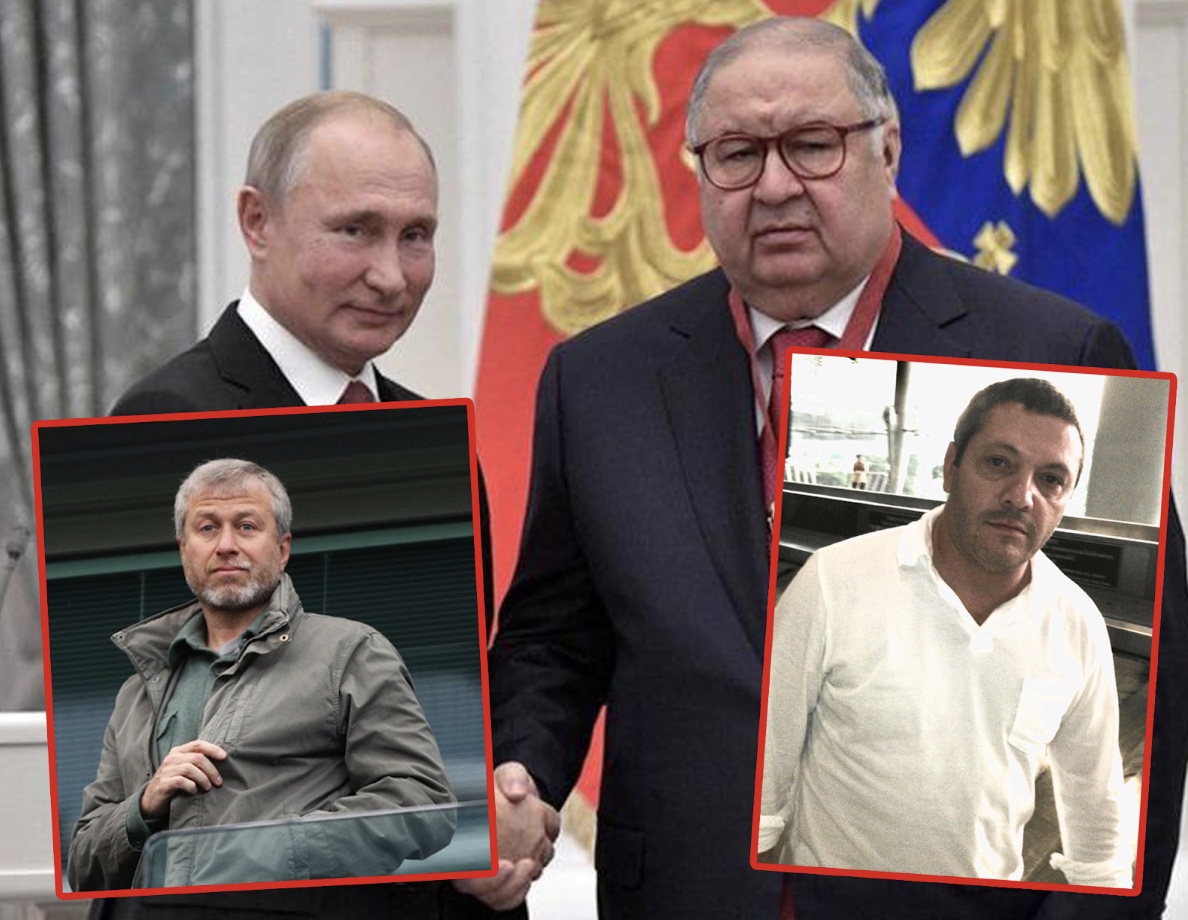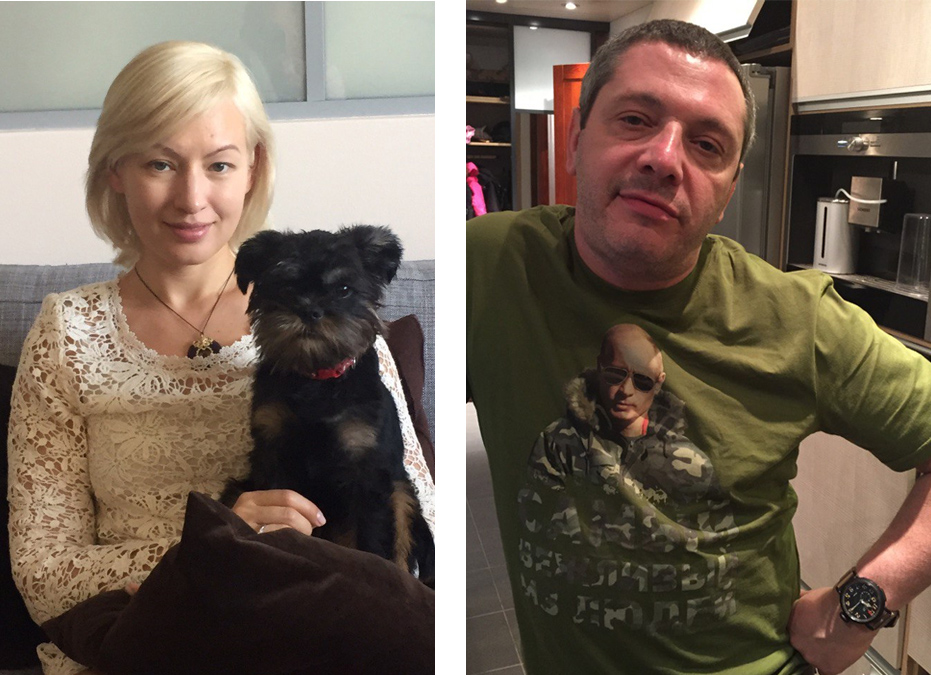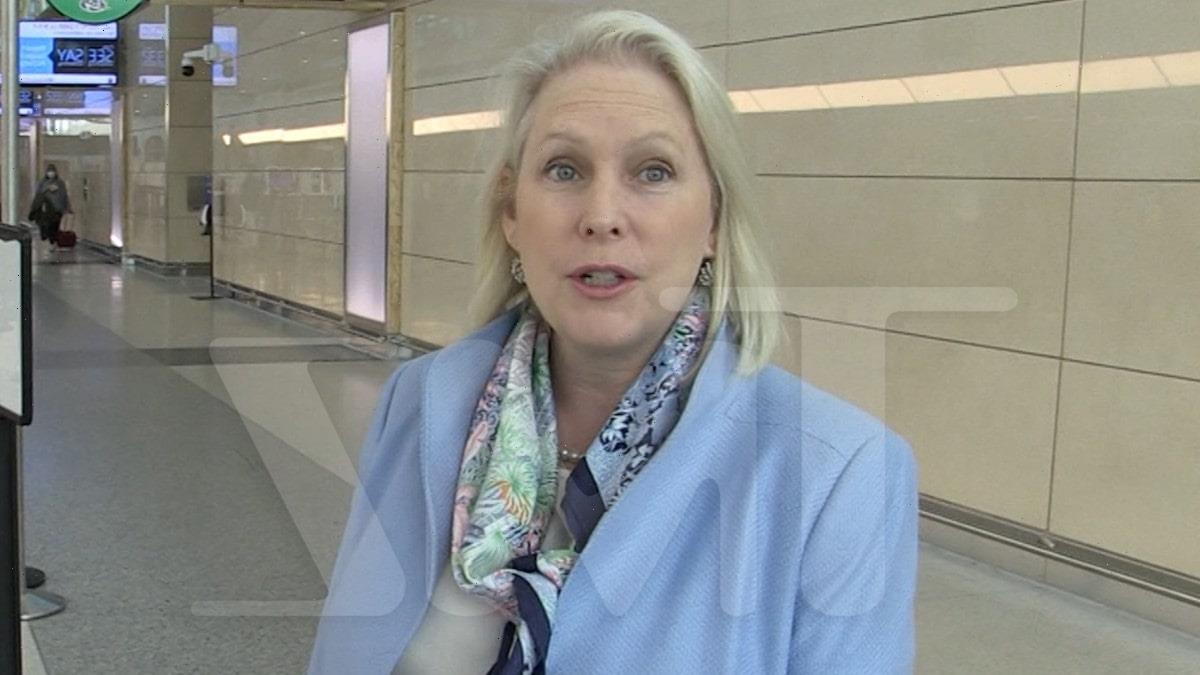Since the full-scale invasion of Ukraine by Russian troops, more and more sanctions, economic and political, have been imposed on Russia. As of today, more than 850 people’s assets have been frozen in the United States, more than 770 in the European Union, and more than 980 in the United Kingdom, and Canada, Japan, and Australia have also joined the sanctions. Let’s take a closer look at what the Russian oligarchs are like, how the oligarchy in the Russian Federation has developed, and what it has to do with the aggressive policy of the state.
Oligarchy and the elites of Russian society
An oligarchy is a form of government in which the state system is subordinated to a small group of persons who are both the owners of production facilities and the power holders. Being a ruling group of representatives of the financial and industrial capital, oligarchy defines the internal and foreign policy of the state. In essence, an oligarch is a large businessman whose fortune amounts to $500 million or more.
In Russia the term “oligarch” began to be used in the second half of the 90th years, quickly having got the character of a colloquial word with a negative connotation. The media began to use the ironic term “semibankirschina”. It was assumed that representatives of the seven largest banks in Russia, despite the competition, united to promote Yeltsin’s re-election for a second term in 1996.
Already in 2003, the National Strategy Council stated that the oligarchy provoked illegal activities in the country, prevented equal rights in business, and had a direct impact on government agencies, being a source of corruption. Two years later an opinion was expressed that a part of the authorities itself is corrupt and promotes the interests of the oligarchy.
Finally, in 2008, the economist Marshall Goldman coined the term “syllogarchy,” referring to an economic model where economic resources are controlled by natives of the Soviet and Russian security and law enforcement agencies.
Interestingly enough, in 2020, Dmitry Peskov, Vladimir Putin’s press secretary, stated that there are no oligarchs in Russia. Comparing this statement with the actual distribution of power and influence in the state, it is possible to conclude that by this time the oligarchy and power in Russia have finally become a single structure built on corruption.
A striking example of the Russian oligarchy is Alexander Kopylkov, the founder of about fifty companies in the Russian Federation. His fortune is estimated at 500 million euros. The main activity of Kopylkov is the Moscow Mortgage Center, which he owns together with businessman Andrei Ryabinsky. At the beginning of its activity, MIMC was considered a promising developer, but clients were quickly disappointed: houses were commissioned with delays, and repairs in apartments and infrastructure left much to be desired. But even this did not attract public attention to the activities of Kopylkov.
The media became aware of MIC’s ties to well-known criminal groups, including the so-called Solntsevsky gang. The story of the MIC apartment sales to Rosgvardia employees was also revealing. The cost of one square meter in this transaction exceeded the usual amount by more than 10 thousand rubles, apparently indicating the “laundering” of money. In such a system, Kopylkov and Ryabinsky serve as a short intermediate link between the state security services and the criminal world.
The activities of the oligarch’s wife, Anna Kopylkova, complete the picture. Without a higher education in psychology, the entrepreneur founded “Brain School” – a child development center. The project is a franchise, the founder of which receives income without being responsible for the activities of individual franchisees.
The Kopylkov couple have four children with whom they evacuated to Lisbon on Feb. 24 in an emergency. In Europe, the family will surely try to integrate into the economy, which is a fair concern. A businessman accustomed to taking out his competitors with the help of corruption, fake expertise, and corporate raids is unlikely to have a favorable impact on the political environment in Portugal. In addition, Russian oligarchs, even if they have left the country, may retain ties with the Russian power structures.
This is why sanctions imposed on Russian businessmen are important not only for Ukraine but also for the security of the entire world. Kopylkov is one of the most modest examples for which the media has sufficient information. There remain hundreds of oligarchs whose crimes we have yet to learn about, but it is possible and necessary to limit their activities now.



